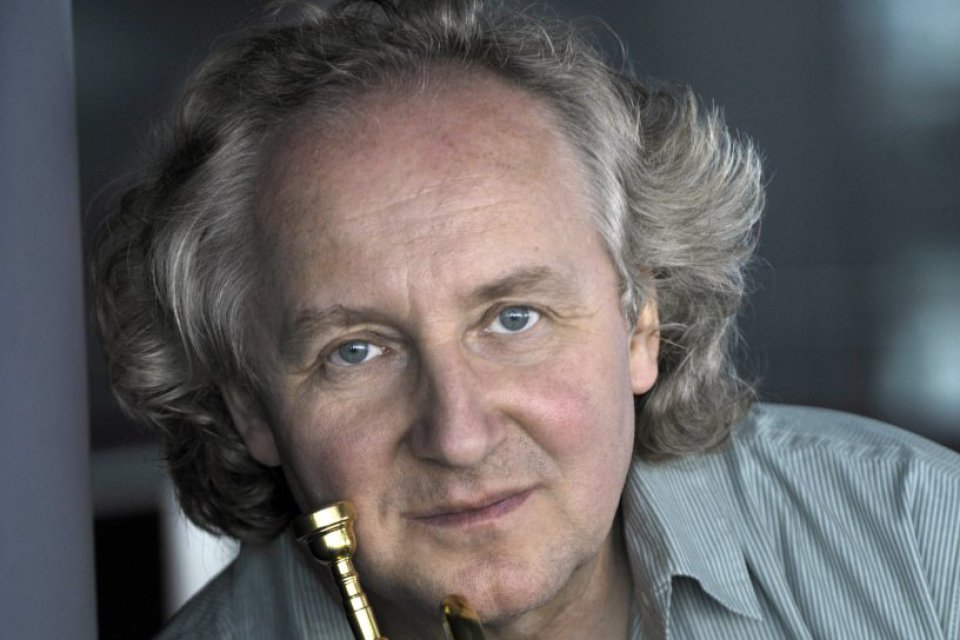החלקיק האלוהי
הקרנת הסרט ודיון לקהל הרחב
'Particle Fever' סרטם הדוקומנטרי של מארק לוינסון ופרופ' דיויד קפלן, מזמין גם את מי שאינו מדען, לשבת בשורה הראשונה ולצפות בתהליך פריצת הדרך המדעית המשמעותית בזמן אמת ובדרמה שטילטלה את עולם הפיסיקה. הצצה אל התיאוריה והניסוי שהסבירוכיצד נוצר החומר ביקום.
הסרט שהשתתף ב-35 פסטיבלים ברחבי העולם וזכה בפרסים בינלאומיים רבים, עוקב אחר העליות והמורדות במסע של אחד הגילויים המרעישים בזמננו בעולם המדע- גילוי החלקיק שחזה פיטר היגס בשנות ה-60, ובמקביל עורך לנו הכרות עם הפיסיקאים התאורטיים, שמקדישים את זמנם לרעיונות וחשיבה מופשטת, והפיזקאים הנסיינים, אשר מובילים את תהליך ההוכחה והעשייה בשטח.
גילוי חלקיק ההיגס במאיץ הגדול ב-CERN שבשוויץ ב-2012, היה אירוע מדעי דרמטי.
מצד אחד זה היה אחד ממאמצי הניסוי המשותפים הבינלאומים הגדולים והמוצלחים ביותר, שהובילו לזכייתם של אנגלרט והיגס בפרס נובל לפיסיקה לשנת 2013 ומצד שני, הותיר את קהילת הפיסיקה התיאורטית במצב של בלבול.
הסרט - 'החלקיק האלוהי' (Particle Fever), מלווה את המסע המורכב של הניסויים במאיץ החלקיקים ב-CERN, עד לגילוי הדרמטי של ההיגס.
אורך הסרט: 100 דקות | אנגלית ללא תרגום לעברית
לאחר ההקרנה - שיחה עם מפיק הסרט - פרופ' דיוויד קפלן, פיסיקאי תאורטי מאוניברסיטת ג׳ונס הופקינס, פרופ' עילם גרוס (מכון ויצמן למדע) - שריכז את חיפוש ההיגס בפרויקט אטלס וסגן נשיא מכון ויצמן למדע - פרופ' רועי עוזרי - מפתח המחשב הקוונטי הישראלי .
פרופ' קפלן יספר מנקודת מבטו על עשיית הסרט ועל פיסיקת החלקיקים לאחר גילוי היגס, פרופ' גרוס על התנסותו ממקור ראשון בגילוי החלקיק בפועל, ולבסוף - פרופ' עוזרי - יספר מדוע מדע הקוונטים עשוי להחזיק את המפתח לתגליות חדשות בעתיד הקרוב.
מנחה, פרופ' גלעד פרז, המחלקה לפיסיקה תאורטית, מכון ויצמן למדע
משך השיחה: כ-40 דקות | השיחה באנגלית
הכניסה חופשית
מספר המקומות מוגבל , הכניסה תתאפשר על בסיס מקום פנוי
מוזמנים מאד, לשתף עם חברים








